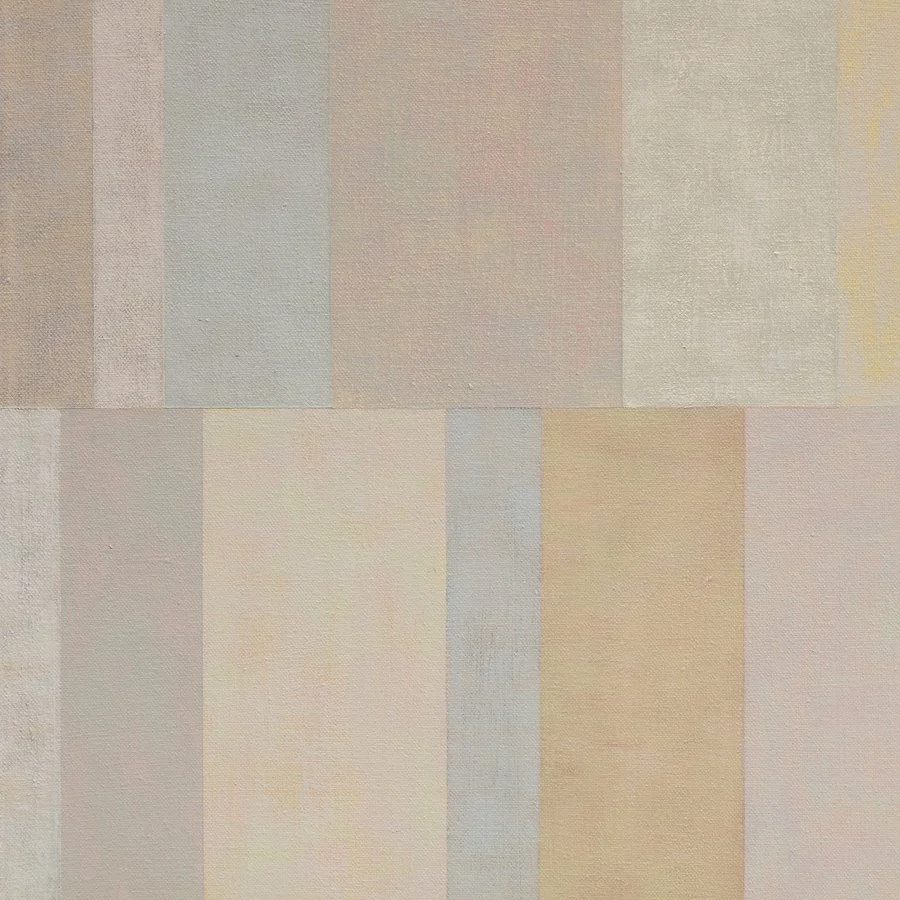
I love the word "poetic". For me it is one of the greatest compliments that I can give to an artist, one of the greatest compliments I can receive about my work. I can't say I know too much about poetry, but I love language, the play of words, and I am fascinated that almost every encounter I have with poetry or poets offers an insight into painting. For instance, in her collection of essays "The Open Studio", Susan Stewart writes:
"...the conversation between visual artists and poets is always inflected by a knowledge of the limits of linguistic understanding. And just as a poet is struck by the ineffable dimension of visual experience, so is a visual artist conscious of the rebus-like aspect of visual choices, continually informed by memories of language and language's capacity for escaping the bounds of the material."In "How to Read a Poem", Edward Hirsch writes extensively of the relationship between poet and reader, as well as the poet's passion to write. Throughout, the words "poetry"/"poet" could easily be substituted for "painting"/"artist". My favorite passage (a pretty accurate description as to what led my to painting) is as follows:
"There are people who defend themselves against being "carried away" by poetry, thus depriving themselves of an essential aspect of the experience. But there are others who welcome the transport poetry provides. They welcome it repeatedly. They desire it so much they start to crave it daily, nightly, nearly abject in their desire, seeking it out the way hungry people seek food. It is spiritual sustenance to them. Bread and wine. A way of transformative thinking. A method of transfiguration. [...] The are so taken by the ecstatic experience - the overwhelming intensity - of reading poems they have to respond in kind. And these people become poets."And then today, inspired by a Facebook exchange I had with Canadian painter David Urban, I decided to troll YouTube for more lessons from the poet. The latest tidbit is the following video - I relate to his comments on the life of a poet, on the discipline of creative work and particularly his comments on translation, as I believe I am engaging in a form of translation as I learn to become a painter and shape my own language.

